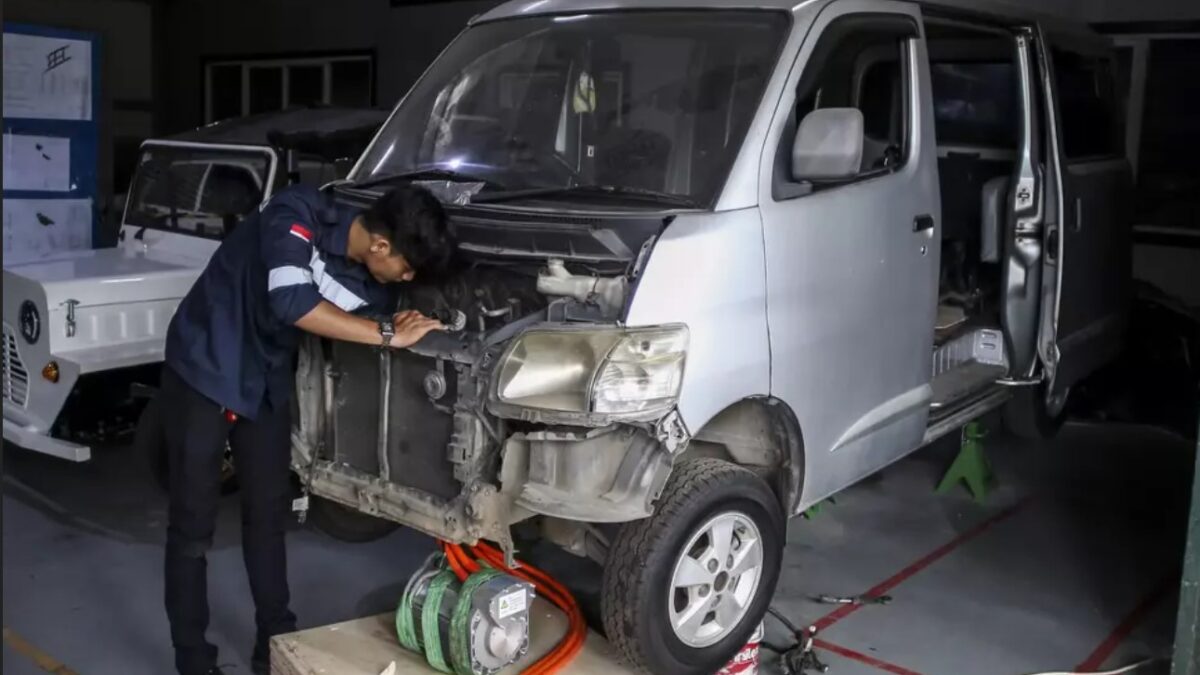JAKARTA – ASEAN member states are in talks for a regional ecosystem of electric vehicles as chair Indonesia seeks to make Southeast Asia remain an epicenter of economic growth, according to the Foreign Affairs Ministry.
“This is about how we can set up a regional [EV] ecosystem that adopts the same or at least similar regulations. So every producer has a regional outlook and is not only focusing on the domestic market,” Sidharto Suryodipuro, the ministry’s director-general for ASEAN cooperation, said on Monday at the Forum Merdeka Barat (FMB9) conference.
“We [ASEAN] have begun talking about it for the past year or so. We share a common understanding on this matter,” Sidharto said.
According to Sidharto, Indonesia has a comparative advantage — or even possibly a competitive advantage — in this field. As one of the world’s largest economies, the Southeast Asian bloc has what it takes to set the standards for EVs.
“Today’s EV producers — be it China, South Korea, or the US — vary in standards. But what if Southeast Asia creates its own standards which others will also follow? This region is home to almost 700 million people and is the world’s fifth-largest economy. So we should have been able to become an epicenter of growth that also sets the standards,” the envoy told the forum.
Almost a quarter of ASEAN countries’ foreign trade takes place within the Southeast Asian region. Sidharto added, “so there is a large room for us to boost the supply chain between ASEAN countries.”
This was not the first time that Indonesia mentioned its plans of pushing for a regional EV ecosystem.
Last week, ASEAN foreign ministers gathered at the bloc’s secretariat in Jakarta for the first round of ministerial talks. In this meeting, Indonesia briefed other member states on its 2023 chairmanship priorities during its 2023 chairmanship. Indonesia has proposed energy security as one of its focuses under its “epicenter of growth” chairmanship pillar.
“Indonesia will propose an outcome that will attain the ASEAN region as the epicenter of growth. Four main aspects that will be our focus [includes] ensuring energy security to support the transition from fossil energy to clean and renewable energy, among others, by developing a regional EV ecosystem,” Foreign Minister Retno Marsudi told a presser following the 32nd ASEAN Coordinating Council (ACC) meeting on Friday.
President Joko “Jokowi” Widodo last year even invited Japan to also build the EV ecosystem in ASEAN through investment and technology transfer. Jokowi said that the Southeast Asian region had a huge potential for EVs with its market projected to reach $2.7 billion in 2027.
“I invite Japan to boost investment, particularly in the manufacture of EVs and battery production,” Jokowi said at the 25th ASEAN-Japan Summit in Phnom Penh on Nov. 2022.
Indonesia has been keen on developing its EV ecosystem, aiming to produce 600,000 electric cars and 2.45 million electric two-wheelers by 2030. The government is also planning on giving incentives to woo people into buying EVs. Indonesia also holds 23 percent of the world’s reserves of nickel – a critical component of EV batteries.

